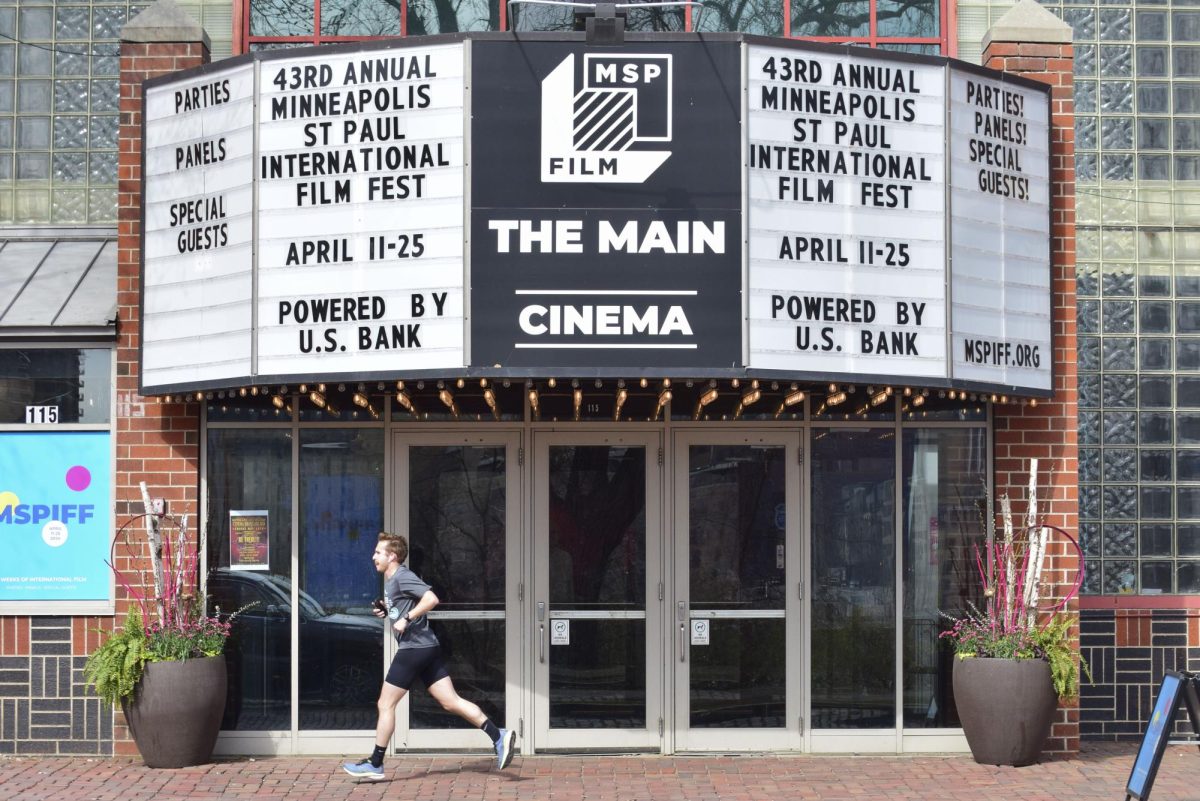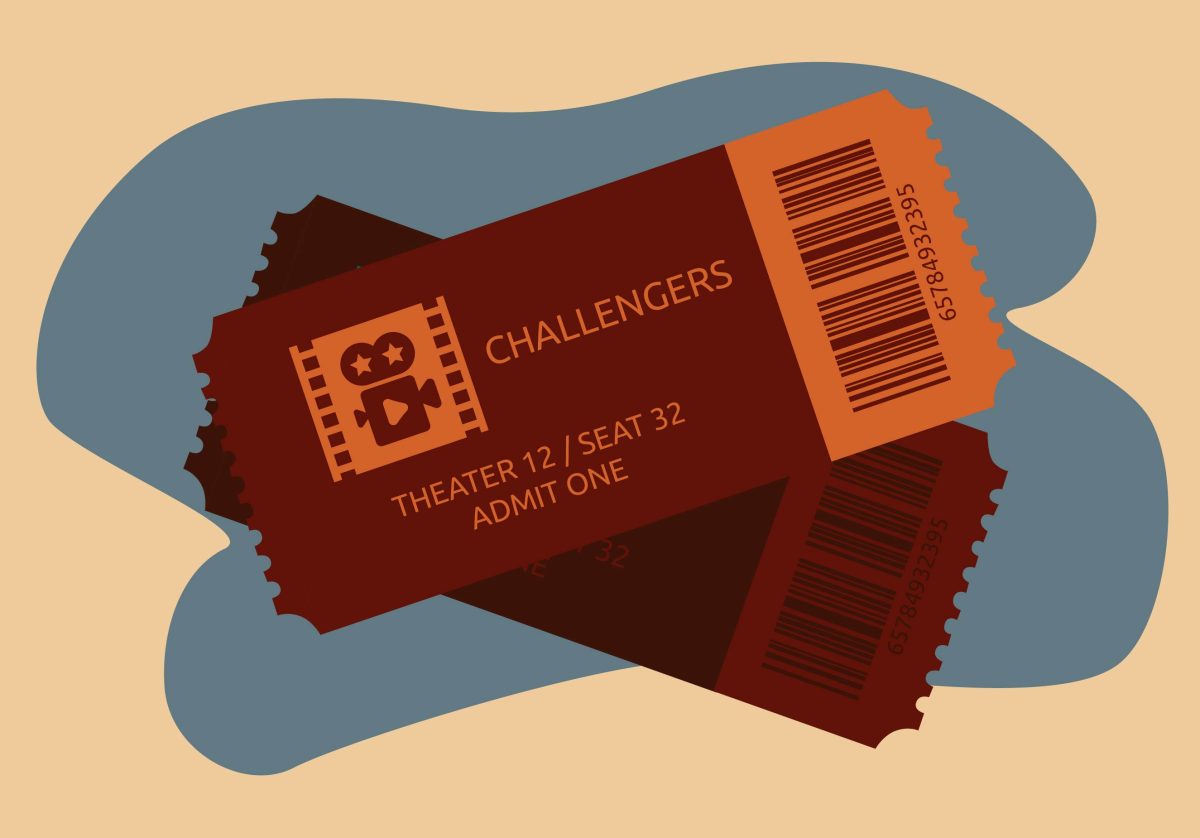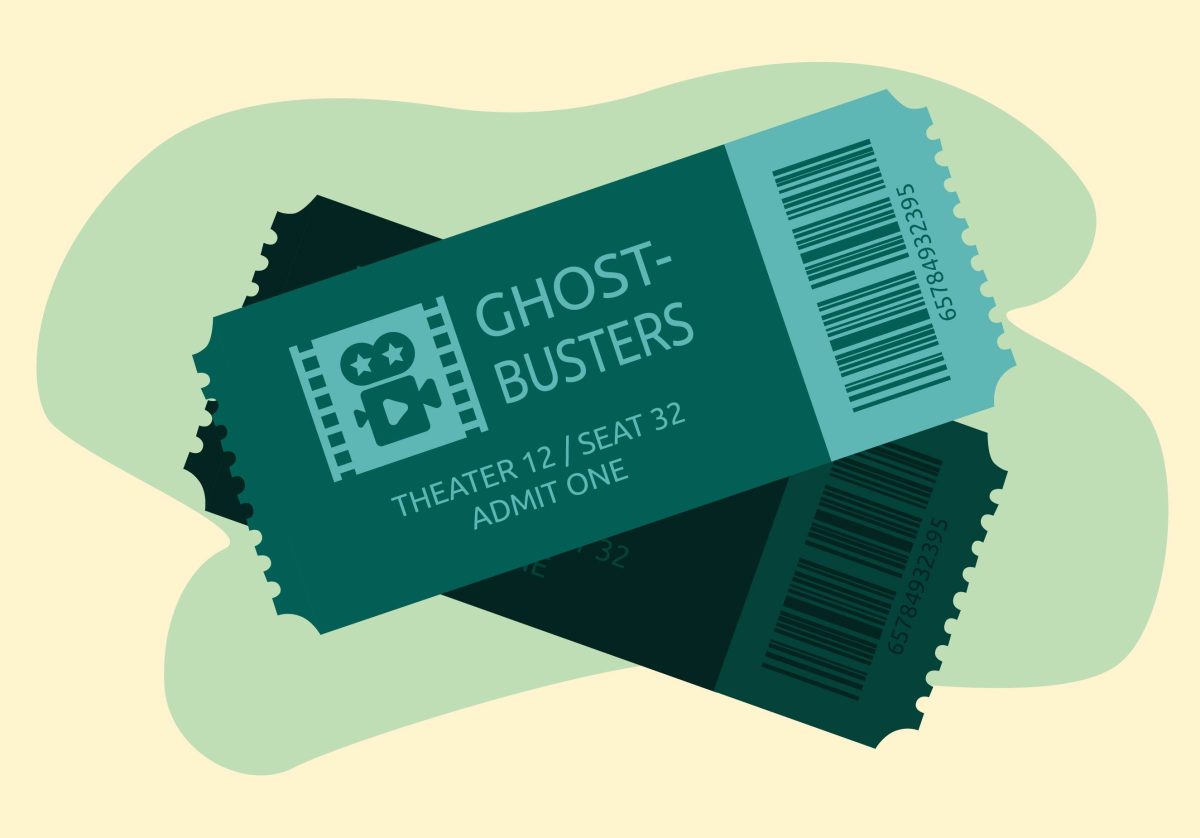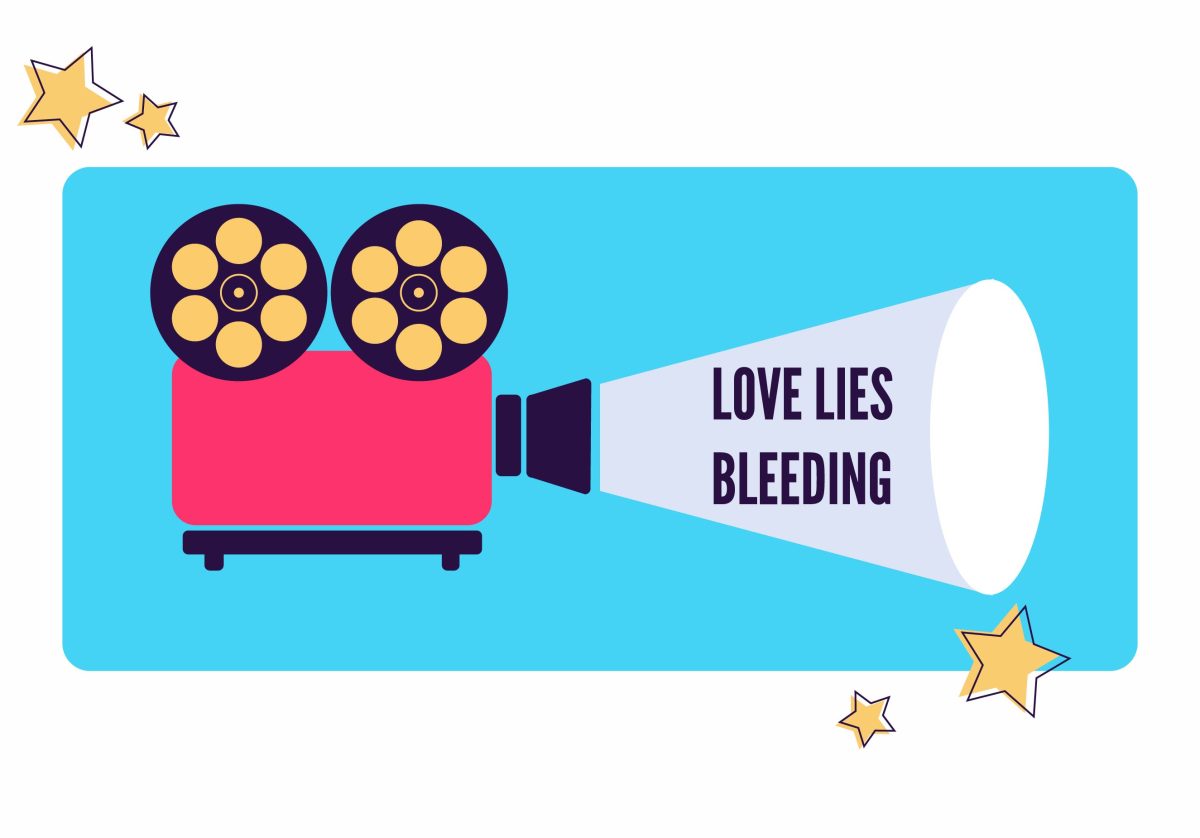What: âÄúPray the Devil Back to HellâÄù When: Thursday, various times Where: Lagoon Theater, 1320 Lagoon Ave. Some say that the word is more powerful than the bullet, and others risk their lives on that belief. The documentary âÄúPray the Devil Back to HellâÄù is a testament to the power of peaceful demonstration in war-torn Liberia, where bullets once made the laws. The story follows a group of women from all religions and walks of life who organized a movement for peace. With no weapons but symbolic white T-shirts, and under the constant threat of murder, rape and starvation, they fought for peace not only from their own government, but from the rebels as well. Though the film is brief at just 72 minutes, it covers the timeline of the conflict in Liberia in the early 2000s, from the very first shots, the war, the peace conference and the effects. After seeing the needless and uncontrollable destruction that the civil war was wreaking on their home country, a group of women decided to band together forming the Women In Peacebuilding Network (WIPNET). WIPNET sat daily in a central fish market as the president of LiberiaâÄôs motorcade passed. Holding signs protesting the war, they held sex strikes and sang songs of peace. Eventually WIPNET was able to get both the rebel party and the president to sit down to a peace conference in Ghana, which at last succeeded in ending the violence in Liberia. A major theme of the movie is the differences between the roles of men and women in the conflict. By the view of the womenâÄôs group, men were the ones doing the killing; they were the leaders of the country and it was their war that was causing people to suffer. The women of resistance chose to pressure the men because, as one leader explained, the men were either directly guilty for the war or they were guilty because they werenâÄôt doing enough to stop it. The struggle of WIPNET extended even after the peace agreement had been signed. âÄúPeace is not an event, it is a processâÄù said Leymah Gbowee, one of the womenâÄôs movement leaders. The documentary showed all of the difficulties that came with the peace agreement such as disarmament, reconciliation, rebuilding and corruption. Audible groans from the audience came when it was shown that rebel leaders were given prominent positions in the transitionary government. âÄúPray the Devil Back to HellâÄù effectively conveys the tense emotions of the women during the conflict. The impending attack on Monrovia by the rebels and the frustrations of the women during the failing peace talks are clearly expressed. Though the quality of the film itself was not top shelf, the imperfections were barely noticeable under all of its shocking footage. In fact, there were quite a few moments in which the editing was particularly sublime. In one scene, a woman singing a Liberian patriotic song begins to cry after learning that her hometown is under attack. Suddenly, the film transitions to a shot of the failing peace talks with a diplomat gaily whistling the same tune. It takes a few moments to realize the chilling connection between the two. âÄúPray the Devil Back to HellâÄù is a stirring film with a triumphant conclusion. The ending of the film takes place on MotherâÄôs Day with the women of the film singing in church together with the community. The camera flashes over different women holding their womenâÄôs movement identity badges. The film is a testament to the impact non-violent means can have at ending conflict and bringing a community together.
















